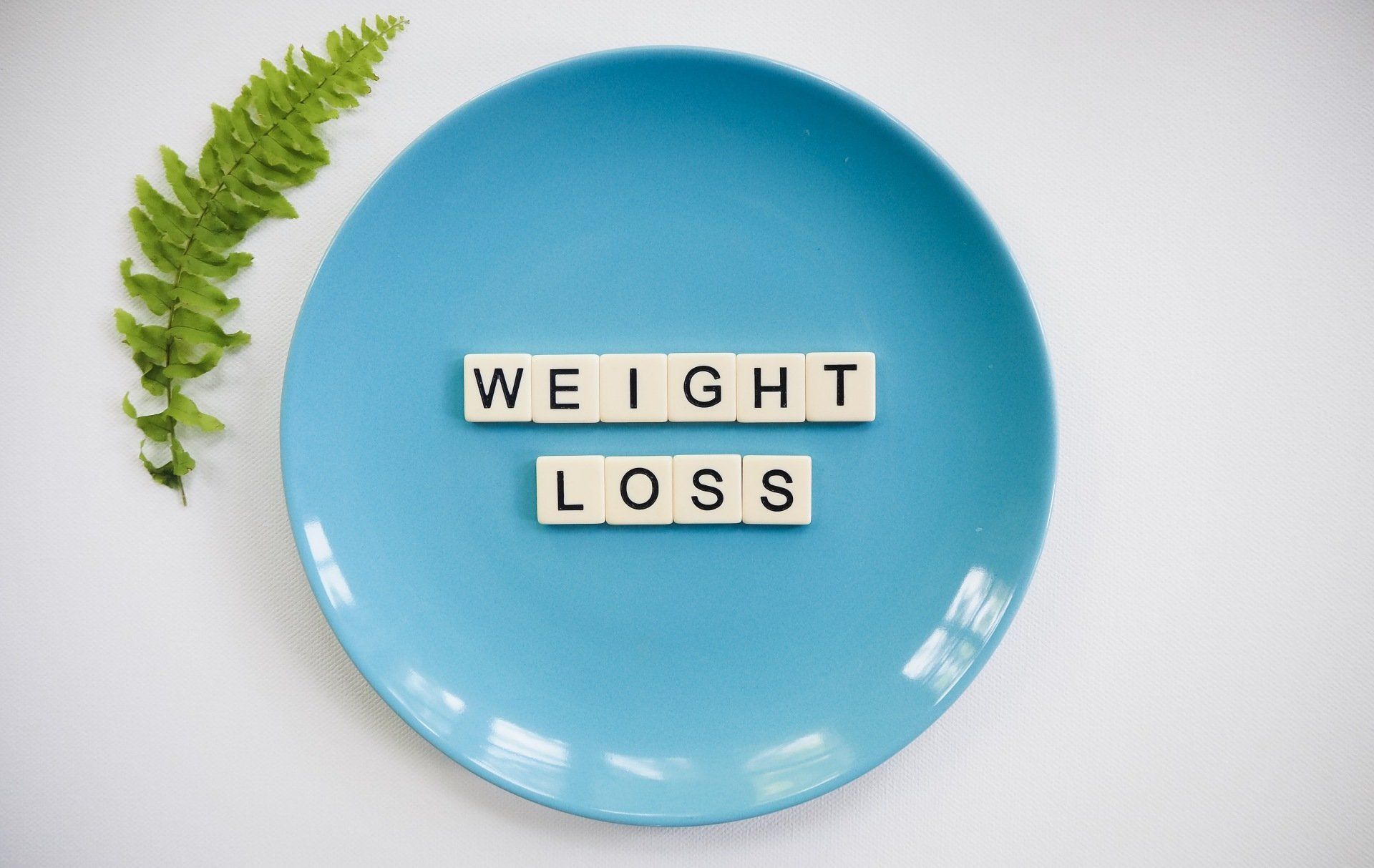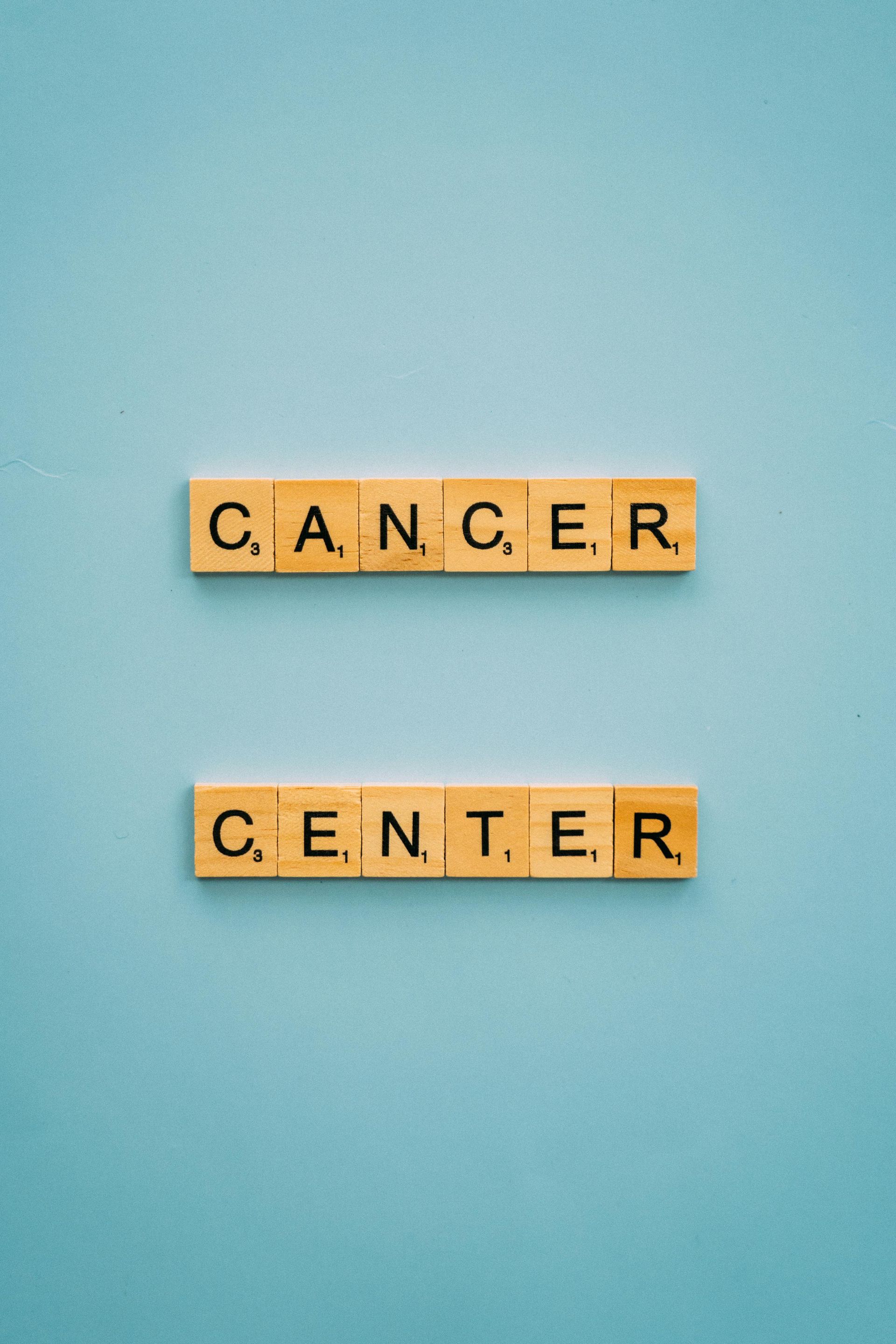New cancer diagnosis – What to do now?
New cancer diagnosis? Sooner or later, you or someone you know will be faced with news of cancer [The big C].What to do next? There is initial disbelief and denial. Then, panic will engulf the first few hours of dealing with the new unwelcome status. Possibly coming into the picture is depression and confusion…
- Don’t panic and don’t believe the first thing you see on Google. Having a new cancer diagnosis is not like it was twenty years ago. People are living longer and some lead nearly normal lives even if the cancer fails to completely disappear. Stage 4 cancers, some of them at least, are still curable, and not necessarily a death sentence. Examples would be some leukemias, some lymphomas, and colon cancer or melanoma that is stage 4 but have only one site of (surgically removable) metastases. Furthermore, the survival numbers on Google might only reflect the data from 5 years ago, not taking into account the improved survival with newer therapies that still have not been published.
- Do find a medical oncologist (cancer doctor), one that you can trust to help you navigate your way from diagnosis to the best treatment, and finally, long term surveillance. Your oncologist is instrumental in coordinating your treatments , especially if you also need surgery and radiation. They will help expedite your care! Today's treatment choices are many, and should be tailored to your goals. Do you want to live longer or do you prefer to preserve quality of life?
After the treatment is over, the work is really not yet done. Someone needs to monitor your regular follow-up tests, to make sure relapses are detected on time.
- Do understand the deeper aspects of your diagnosis
It is not enough to know that you have a cancer of a certain organ, say, lung cancer. What type of lung cancer? The sample tissue from the biopsy has yet to be sent to the lab and examined, further classified and given another name. Lung cancers come as “small cell” or “non-small cell”, each divided further into more detailed categories (adenocarcinoma, squamous, large, neuroendocrine, mesothelioma, etc). The treatment will depend on the subcategories that they fall under. The same goes for other tumors like kidney, breast, and even pancreas.
- Do ask about chemotherapy alternatives
Nowadays, there is also precision oncology. This involves identification of gene mutations (defects) that genetic scientists believe are behind the cause of cancer itself. They hope that by identifying the defect, they can make drugs to match these and effectively shut down the tumors. In addition to traditional cell killing chemotherapy, we now have readily available -- New Targeted Therapies, FDA approved “monoclonal antibodies”, “tumor vaccines”, and drugs that target tumors indirectly by affecting “tumor signaling pathways” and tweakers of the “programmed cell death” mechanisms. Make sure you ask your doctor if you qualify for any of these.
- Assemble your cancer team. Your family doctor should help you assemble a team of doctors who work together to treat your cancer.
SURGEONS:
They usually are the first responders to the scene. They do your biopsy and then surgically remove the tumor. Some would say that they “GOT IT ALL”. What this really means is they got everything that their naked eyes can see. Many people delay in seeing the oncologist, who should be in the picture within the first 3 months after surgery.
PATHOLOGISTS:
These unsung heroes are medical doctors who work behind the scenes. They know the intimate microscopic details of your tumors, make the final diagnosis but never really get to meet you. Details like how wide the margin of clean tissue surrounds your tumor, the aggressiveness of the cancer cells based on their microscopic arrangements, and the color of the tissues, all give clues on whether they are slow or fast growing.
ONCOLOGISTS: In many centers, the oncologists see all types of cancers. Some do specialize in certain cancer types over others. They will follow you from diagnosis till hopefully, complete remission .
NUTRITIONIST: Now is the time to rethink your diet. If you are reading my blog then you are already on the right path. You can make a difference in your cancer journey to cure. Nutritionists are highly trained to help you choose the correct food to eat.
RADIATION ONCOLOGIST: These cancer doctors specialize in radiation therapy, depending on your type of cancer. In most cases, radiation will help prevent cancers from returning to the site of radiation, but will not be able to prevent the cancer from metastasizing to a more distant organ.
ONCOLOGY NURSES: Highly specialized nurses who not only administer complex medications but also can identify side effects as they arise. They too will follow you closely as you progress on your cancer journey.
PALLIATIVE CARE DOCTOR: Offers treatment directed at comfort, including pain control, nutritional support, counseling, and hospice care.
- KEEP YOUR APPOINTMENTS: Don’t be a no show to your treatments , which could take anywhere between 1-6 months to complete. Also, once these are over, don’t forget your follow up appointments. The first two years are when most relapses occur.
- ALTERNATIVE TREATMENTS versus COMPLEMENTARY MEDICINE: If it’s too good to be true, it probably is. While complementary treatment such as essential oils, vitamins and herbs sound non-toxic and helpful, keep in mind that many of these are not FDA approved, or maybe have encouraging results in the dish laboratory, but never got to be tested in wide scale phase III human trials.
Don’t fall for “cures”
You will recognize these because they promise complete remission with one dose. Especially if it is linked to a mail order catalog with a hefty price tag per bottle of pills being sold. Some if not all alternative cancer treatments out there, came about as a result of a smaller, positive laboratory finding. Many used tissue cultures of cancer cell lines to experiment on, and found positive results. While that is all very exciting, many do not have solid human data to back up their claims. Search for those which have previous clinical data, preferably using human or animal subjects. And if possible try to enroll in a clinical trial that uses these drugs. That way you will get the benefit of close monitoring, and whatever result comes out of this trial, whether good or bad, will still add to existing and future cancer knowledge. TIP: If a “cancer pill” bought from the internet makes claims such as “scientifically proven”, “100% effective”, think again. Dead giveaways of bogus treatments would be words on the label like “Clinically tested”, exciting new breakthrough”, “all natural”, “cure”, and once I even saw one labeled “cosmic”. They will also come with a hefty price tag to boot, therefore simply stay clear of these.
WHAT TO DO WHILE WAITING
Exercise more (at least 10 minutes a day),
it can rid your body of defective cells that could turn into cancer. http://well.blogs.nytimes.com/2012/02/01/exercise-as-housecleaning-for-the-body/?_r=0
Get more quality sleep (dark environment without light interruption, use white noise if needed)
http://www.nature.com/nrc/journal/v9/n12/full/nrc2747.html
Eat healthy (avoid sugar and carbohydrates), http://bottomlineinc.com/starve-cancer-to-death-with-the-ketogenic-diet/
Ketogenic diets are new and so far most trials completed focused only on safety. There is emerging but still not definite evidence that this type of diet may improve survival. If you want to try this, get a doctor to monitor you and a nutritionist well versed in ketogenic diets to help you. You can find some at large children’s hospitals where the diet is currently being used for anti-seizure therapy. Miriam Kalamian is an online ketogenic expert dietician who charges a nominal fee for her services. http://www.dietarytherapies.com/faqs22.html
Take a multivitamin pill BUT stay away from megadoses
http://www.nytimes.com/health/guides/nutrition/vitamins/print.html
Check your Vitamin D levels . There is evidence linking Vitamin D deficiency to many cancers. https://www.cancer.gov/about-cancer/causes-prevention/risk/diet/vitamin-d-fact-sheet
and … if your doctor says its OK, gulp down an aspirin daily
Try to reduce stress. A new cancer diagnosis does not mean that you stop living. Take a vacation!
- Do consider joining a clinical trial: Call the National Cancer Institute NCI 1-800 -422-6237. Someone on the other line will be able to help you find the correct trial. You can also go on clinicaltrials.gov if you feel like doing your own search. The best time to join a trial is when you are in tip top shape. Most trials are looking for people with cancer but who are healthy otherwise. This is a chance to avail of new drugs that are still not out on the market. TIP: If you wait until after you have had standard treatment, you might no longer qualify for the new drugs in trial.
Phase I trials are the easiest to get into, because they are testing the dose of a new drug, and trying to find out which dose would be the maximum safe, non toxic level. This type of trial welcomes almost any type of tumor since it is primarily a safety trial , and the number of participants is usually small, (20-100). The chance of getting a tumor response to the drug is very low, because they still don’t know which tumor type best responds to it since it has not yet been tested in Phase II. Once the correct dose is discovered, the drug goes into Phase II .
Phase II This trial recruits more subjects (100-300), and the drug is now compared to a placebo. It is also tested in a single type of tumor.
Phase III is more sophisticated,and have more subjects (500-3000 ) because not only is the drug being tested against placebo, but also against the current standard treatments. Results that are statistically positive tend to make their way into general public use and FDA approval.
- If you have a “rare type” of cancer, ask for a second opinion.RARE CANCERS: A new cancer diagnosis that happen to be rare. Best to try to go to a center of higher patient volume where doctors see more of the same kind of rare tumor. Preferably choose a university based hospital where cutting edge treatments are born and actually used on a daily basis.You can also ask your oncologist to secure a second opinion of your case history, outside of their hospital, for you. In addition, your tumor specimen itself can also be sent off to a different laboratory for a microscopic and sometimes, immunologic special restaining for a second opinion. If you don’t have the time, money or resources to go in person for a second opinion, nowadays there are virtual clinics (online medical consultations) which for a fee, will have you access a licensed doctor and have them review your case and provide medical advice. Top tier doctors practicing in big hospitals like Memorial Sloan Kettering in New York, and Johns Hopkins in Baltimore, Maryland, offer virtual consultations for a fee, which can be pricey, usually around $2500.00 https://www.mskcc.org/experience/become-patient/international-patients/requesting-medical-records-review-mail
http://www.hopkinsmedicine.org/second_opinion/
Or you can go to find a private doctor on other globally oriented websites like Healthtap.
www.healthtap.com and schedule a consultation for less money, starting at $30 per consult. They also take medical insurance now, and welcome US, Canadian, as well as international patients.
9. And last but most importantly, find yourself a companion (i.e. spouse, sibling, friend) who will be willing to support you physically and emotionally throughout the challenges that a new cancer diagnosis brings. They will help you get started on what to do now!






